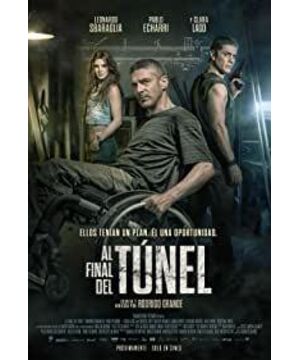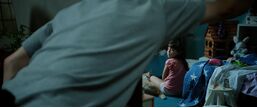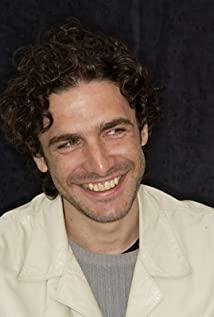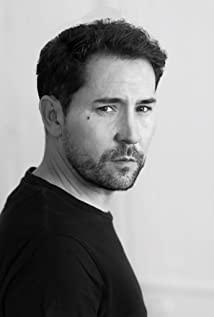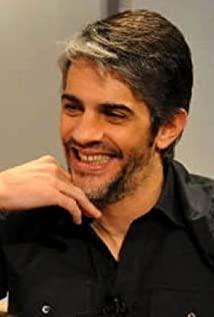I especially like the rhythm of the Spanish suspense film, which is also tightly grasped.
At the beginning, all kinds of suspense were slowly introduced, and clues began to be laid in the middle. One piece of sand, one stone, one silk scarf and one biscuit were all vital props. It's like a spider weaving a web and then slowly hunting it down.
It is not only the private collusion of thieves, robbers, police, drug dealers, etc., but also the rivalry between Joaquin and these so-called villains, as well as Joaquin as a relatively positive image, a game between selfish desire and justice.
He was careful to detect the conspiracy buried underground, and used IQ monitoring and counter-reconnaissance to abort the conspiracy. In the latter half, the danger of the robbers coming back to seek revenge pushes the plot to a climax.
Joaquin was not a perfect person either. In the course of this kind of high IQ counterattack, he also lost his pure goodness and the test of humanity.
But in this cramped tunnel, he is the winner. He is the redemption for the uninvited mother and daughter, helping them find the truth and stay away from the darkness. And they were not Joaquin’s light, years of gloom were healed, and because of this kindness, he could take advantage of all kinds of opportunities and the new paths he dug to bring them back to life.
The design of the overall details of the influence on the plot direction is exquisite and easy to use. After several reversals, the heavy breathing of the surrounding audience can be heard, which can be said to be exciting and praise.
View more about At the End of the Tunnel reviews


